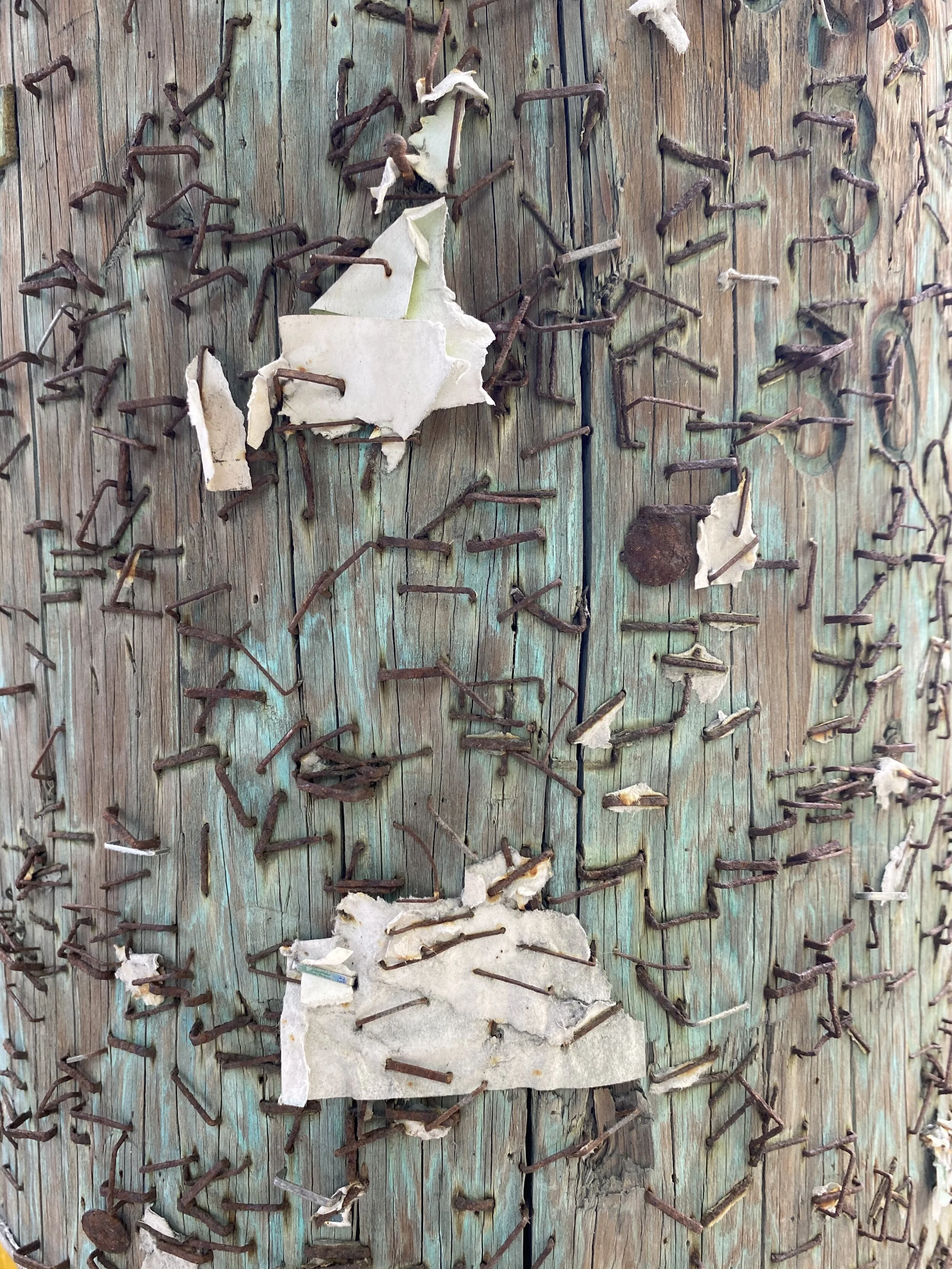Somewhere in this house there exists an envelope containing letters I’ve written to ex-partners and friends. Some of these people are no longer living in this life; others are, for various reasons, just not in my life. Each unsent letter was written after break ups (or breakdowns) that left me gutted.
There have been times I have felt what can only be called hatred toward certain exes who did hurtful, bizarre things I could make no sense of. So you might imagine that these unsent letters are enraged rants, full of scathing indictments, howls of betrayal, esprit de l’escalier parting shots I wish I’d thought of in the moment. Catharsis. And why not? It’s safe. I’m not sending them. They can’t hurt anyone.
But you’d be wrong. They’re love letters. Each one is a lavish exploration of a favorite memory, a moment of blessing, a time when I and the ex in question knew exactly why we cared about each other and felt fortunate to be in one another’s lives. Doing this isn’t necessarily easy: sometimes when someone has caused us pain we don’t want to give them credit for ever having been a force for good in our lives. Sometimes it isn’t so much about that as that we can’t bear the grief of recalling something beautiful that’s lost forever so we focus on how and why we’re better off without it.
It’s lazy to recall only the difficulties and low points of our relationships, and wallowing in complex feelings surrounding the last ugly exchange is just a waste of time. It can be important to remember what went wrong, and why — but that’s only part of the story. By maintaining a dogged focus on how the other person did us wrong, we risk not only remaining in a toxic state of chronic resentment, but also failing to understand our own part in the breakdown of the relationship.
There’s no such thing as a one-way dynamic. Pretending there is any such thing is ridiculous. So instead of doing that, practice of sitting with the feelings, in solitude, until I can find a way to contextualize a relationship experience in words. Then, I write those words down, for no eyes by my own. The process of letting go of someone need not include any contact; in fact, I find it’s better to write from the explicit assumption that I’m not sending the letter. It enables me to be more honest, more transparent — things. key to the catharsis of the experience. On the page I can have a safely circumscribed but entirely real confrontation with the past, the other person, and the person I was in that relationship.
Holding my own feet to the fire is usually key to dissolving resentment, and ridding myself of resentment is healthier — but it’s not just that. At a purely tactical level there is value, and safety, in knowing I am owning my shenanigans even as I am contemplating the pain I might have experienced courtesy of your shenanigans.
In the end I feel grateful, even for relationships that went terribly, awfully wrong in ways that may never even make sense. Since my diagnosis I have had more than one of those: Parkinson’s is not easy to be around, and I used to choose both friends and partners who needed to be “in control.” Now I laugh at this illusion, because no one can control the ever-changing symptoms and side effects of Young Onset Parkinson’s. Come to think of it, there’s generally not a whole lot of stuff we can control even without Parkinson’s in the mix. I don’t care how skilled you are as a surfer — you’re not the one in control. The ocean’s going to have the last word ten times out of ten.
In fact one of the letters in my personal dead-letter office, addressed to someone I no longer communicate with, is about exactly that. An indelible memory of an afternoon spent surfing.
I was terrified of that large wave bucking up beneath us, but I remember feeling safe when you said to untether my own board and jump on your back. I lay with my belly against your back as you paddled out, managing to catch the same wave both of my kids were riding. As you did the hard work of negotiating the wave I got to look to the left and see my daughter pop up on her surfboard like a ninja. I got to look to my right and see my son bounce up on his surfboard too. He was beaming at us!
My kids had been so sad since the separation, but this rare moment of ecstatic celebration lifted us and for a little while there was elation instead of pain. My tears were no longer tears of frustration at my now obvious loss of balance, but tears of joy. You helped me see my kids would be OK!
No person or relationship is all good or all bad. We all have our failures and frailties and blind spots. We all have our moments of glory and experiences that leave us breathless and remind us we are very much alive. In that confounding time, at least at one point, there was love. And when I can keep that in mind it’s strikingly easy to experience gratitude for every current we’re swimming against.
Oh, I almost forgot — Thank you.

